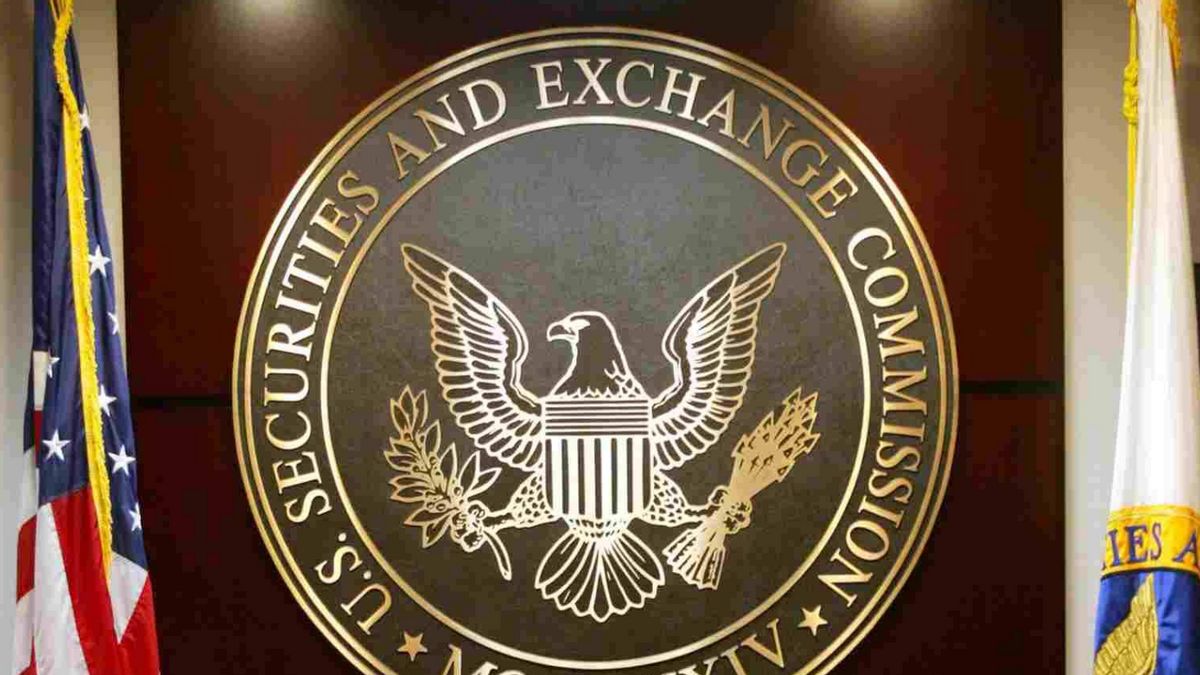JAKARTA - A new lawsuit has been filed in a Texas court to challenge the US Securities and Exchange Commission (SEC) regulatory approach against the digital asset industry. The lawsuit was filed by LEJILEX, a digital asset company planning to launch a new digital asset trading platform, and the Crypto Freedom Alliance of Texas (CFAT), a non-profit trade association that encourages the development of the digital asset policy responsible for Texas.
The plaintiffs accused the SEC of exceeding its authority by claiming that almost all digital asset transactions are securities sales that must be subject to SEC registration requirements. They argue that digital assets do not meet investment contract criteria, as there is no ongoing commitment from digital asset sellers or developers to manage joint ventures for buyer profits.
This lawsuit is a response to a series of SEC enforcement measures deemed detrimental to the digital asset industry and US technological innovation. The SEC has filed lawsuits against several digital asset companies, such as Ripple, Coinbase, and Binance, on the grounds of violating federal securities laws. However, the SEC has never issued clear and consistent regulations on digital assets, but relies solely on ad hoc law enforcement.
SEE ALSO:
Jake Chervinsky, chief legal officer at Variant Fund, a digital asset investment firm, commented on the lawsuit, saying, "Crypto conducts a counter-attack in court." He added that this lawsuit would provide an opportunity for the court to revisit the SEC's interpretation of securities laws and digital assets.
Paul Grewal, chief legal officer at Coinbase, also provided support for the lawsuit. He asked, "How many lawsuits are needed before the SEC understands that this community only asks to understand the rules so that they can follow faithfully?"
According to data from CoinMarketCap, the market value of total digital assets currently reaches more than $1.6 trillion (Rp 25.008 trillion). Digital assets are one of the most developed and innovative sectors in the field of financial technology. However, regulatory uncertainty from the SEC has hampered the development of this industry in the US and has made many digital asset companies move to other countries that are more friendly to digital assets, such as Singapore, Switzerland, and Malta.
This lawsuit is expected to provide clarity and legal certainty for the digital asset industry in the US, as well as encourage the SEC to issue fair and transparent regulations for this sector. Thus, the digital asset industry can develop and contribute to US economic and technological advances.
The English, Chinese, Japanese, Arabic, and French versions are automatically generated by the AI. So there may still be inaccuracies in translating, please always see Indonesian as our main language. (system supported by DigitalSiber.id)













